A text reflecting Morrison’s interests in discursive frameworks; performative platforms for critical enquiry; and ways in which we can facilitate and mediate multiple spaces for the generation of knowledge. Part of "Learning from COVID19: Reflections on knowledge-related commons and practices of self-organization amidst COVID19."
The following words are the notes in my journal during the month of April for my curatorial project, PINK. I don’t have the ability to make sense of them at the moment, nor do I think I need to make sense of them.
Right now.
This has been an intense moment of research.
I was tied up in a tense, blinding moment of launching a project space, only for it to be halted. What has since followed, is a frank, but useful re-thinking.
////
PINK is built on a complex constellation of ideas, knowledge, processes, and people.
An assemblage created, over a year ago now, in a bid to make space for the critical conversations brought forward by the curatorial as a method of research.
We hadn’t begun.
We were in the process of becoming,
we were actually meant to launch in Dec 2019,
but everything keeps blocking our path,
like some sort of infinite system of rehearsal.
Maybe we shouldn’t actually do this?
In this transition we thought that we had stopped,
but in fact, it is more productive to say we had paused,
not succumbing to a false sense of productivity,
in a moment that demands a slow reflection.
We are pausing to explore the articulation between research and material work.
During a moment that has forced us to sever our physical connections, positions and relations within our collective constellation, we have found ourselves isolated and alone.
Rehearsing our own curatorial reality.
Rehearsing complicated sites of the curatorial,
practising a new language, a new lexicon of gestures, actions and rhythms.
Re-imagining the parameters of the curatorial, a re-situating of the centres, the peripheries and the decisions made in positioning ourselves.
This moment has altered the space-time form of the exhibition,
the apparatus through which most art is seen; drastically shifting the relationship with our artists and audiences.
It has called for a new system of production,
but also this moment has also offered us an opportunity
to recalibrate rhythms in work, and in life.
It brings with it multiple spaces with multiple contexts,
all of which are producing their own gestures and action.
An opportunity to explore new curatorial boundaries,
expanding the project beyond the walls of its physical space.
What is your opportunity here?
We have taken some time to breathe.
But we can still hear the voices,
the pressure to take control of the shaping and reshaping
of the conditions we once had,
the circumstance and the structures.
How do we reorder the material we already had
to fit into this obscure space?
What awareness do we have in these new spaces?
What gestures of movements do we use?
What do we call these?
Assembling, experimenting, abstracting.
Working collaboratively to pass something back and forth,
in the hope that it makes some sort of sense of the gaps,
the interruptions, the overlaps.
The opportunity to participate, to create a community.
What is this community?
And who is welcome?
We have taken time to contemplate.
Thinking through the actions and gestures produced,
as individuals; as a collective.
How we might offer these self-reflexive moments
as departure points for the creation of a new way of thinking
with new forms of expression and presentation, together.
Working towards the slow construction of a new identity
that is as in flux as the present moment.
What are the starting points of the new projects
that are operating outside of the usual exhibitionary model?
Offering alternate models of exchange.
A performative model of production, to what end?
Thinking of ways to create a discursive public sphere.
Understanding the ways we arrange ourselves and others,
in time and space.
Questioning the ways in which the curatorial will be navigated and staged during this time.
How do we ground this moment, planting the seeds
of something that might be radical.
What language are we using?
What do we know of this language?
Understanding the curatorial as a space to share information,
but let’s see if we can enjoy more of the process,
embracing the methods, no matter how messy.
What does it mean to stabilise, why do we need to ground this in certainty?
It isn’t certain, and it shouldn’t be stable.
This is a physical departure from one state to another.
Bringing forward new moments of solidarity, creating new ways of thinking, approaching a crisis as a new way of being in the world.
What will keep us going?
Goodwill, flexibility and the knowledge we possess of the precarities we already know.
Do you feel supported?
We don’t expect to be supported.
We already feel a distance.
Fighting to adapt ourselves to a system that was already failing us.
Glaring issues of structure and support.
Maybe we must use this moment as a theme; as a lens to look back at our work.
A valuable platform for discussion as we work to create material together.
We will take this moment to engage,
working to connect, and in some instances, re-connect.
Curating is not about reaching conclusions, investigation or representation,
but about organizing rehearsals.
As long as a rehearsal is going on,
the theatre of exhibition will remain open to the future.
“Learning from COVID19: Reflections on knowledge-related commons and practices of self-organization amidst COVID19” is the result of an open call for contributions launched by School of Commons in late April 2020. Shortly after COVID19 put much of the world into lockdown, the contributions form a collection of observations and different practices of learning, self-organisation, and building community amidst a global pandemic. The submitted contributions are varied in form and content, and have not been curated in any way, instead offering space to the diverse experiences and responses of all contributors.
Katy Morrison
Katy (b. Stoke-on-Trent, 1989) is an independent curator & researcher with interests in discursive frameworks, performative platforms for critical enquiry and ways in which we can facilitate and mediate multiple spaces for the generation of knowledge.
I spat on it to put it back together
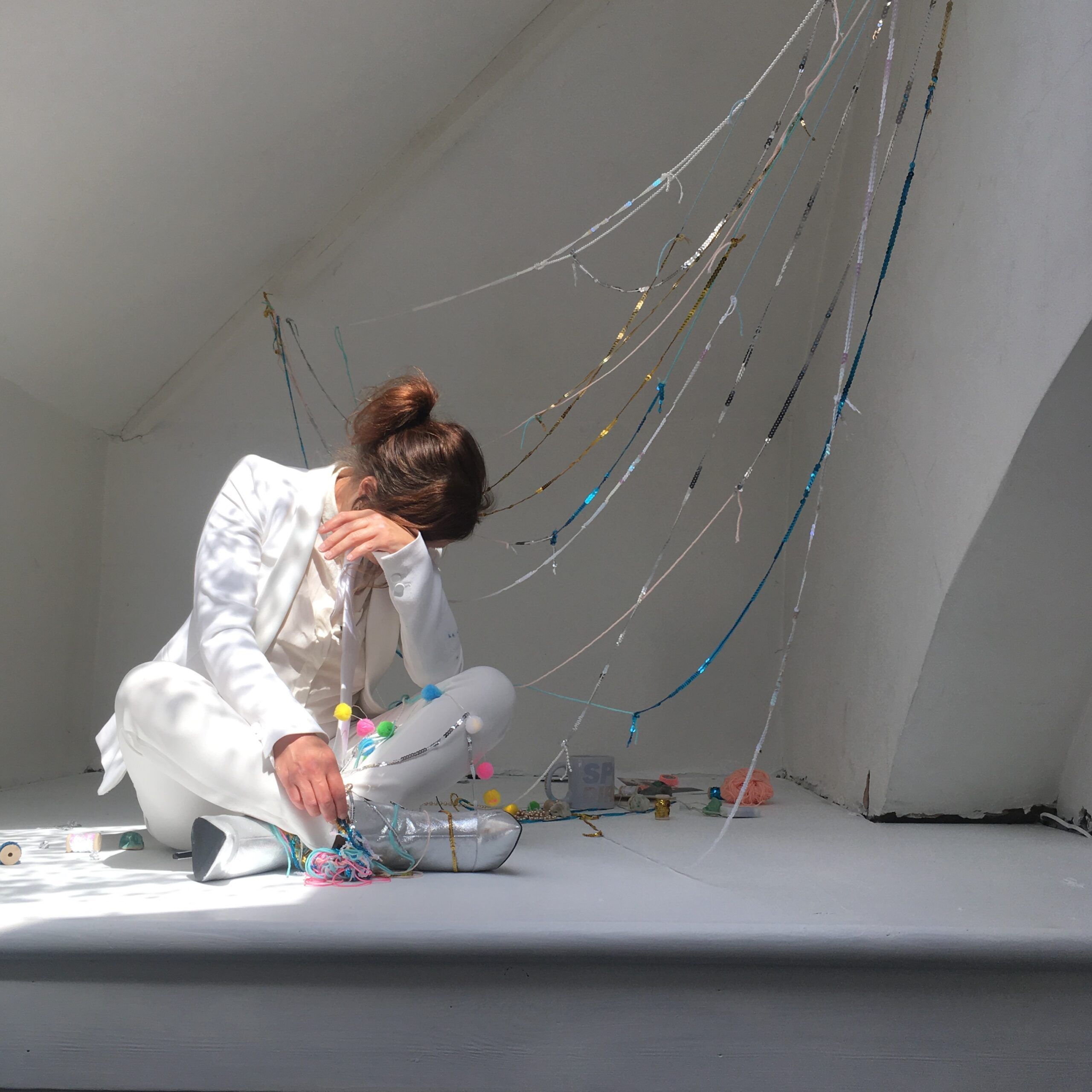
A self-conducted interview which offers insight into Price's practice and reflects upon the ways in which she positions herself both in her work as well as her community during the pandemic. Part of "Learning from COVID19: Reflections on knowledge-related commons and practices of self-organization amidst COVID19." Read more
Art On Demand - Radicalizing Access to Art in Times of Crisis
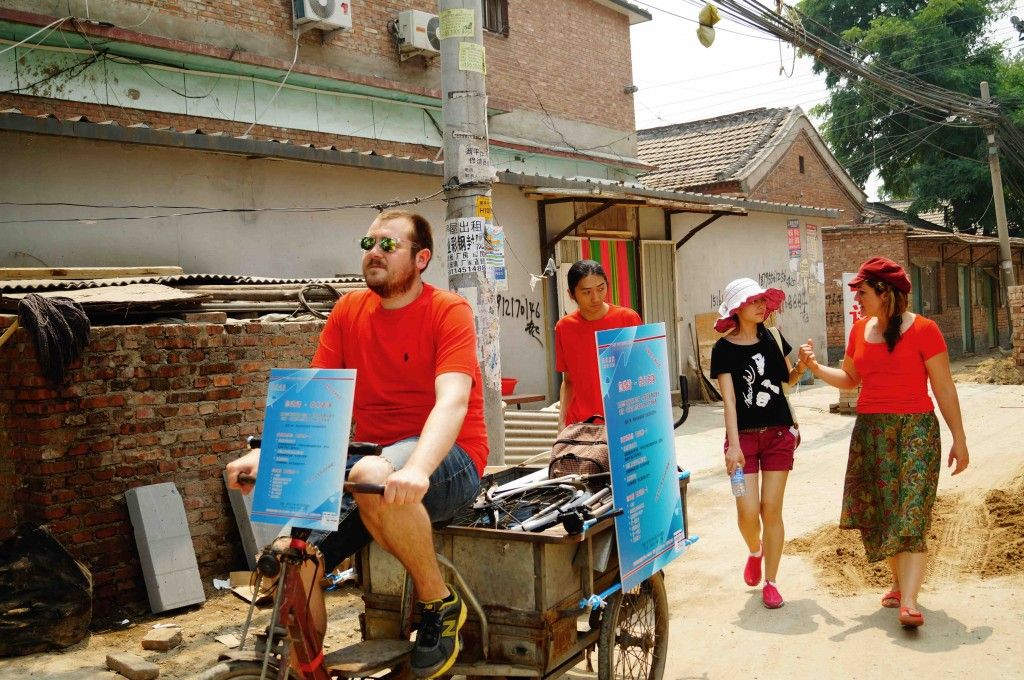
Art On Demand is a collaborative participatory project which creates a platform from and for artists, curators, writers, theorists and audiences to collectively share and experience the creation of and encounter with art. Part of "Learning from COVID19: Reflections on knowledge-related commons and practices of self-organization amidst COVID19." Read more
A short reflection on what COVID-19 teaches us about science
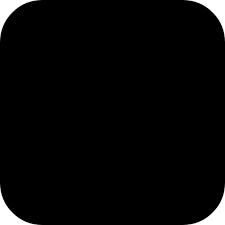
An essay which offers a welcome respite in thinking about the future of knowledge production and its rootedness in community. Part of "Learning from COVID19: Reflections on knowledge-related commons and practices of self-organization amidst COVID19." Read more
Prom.run
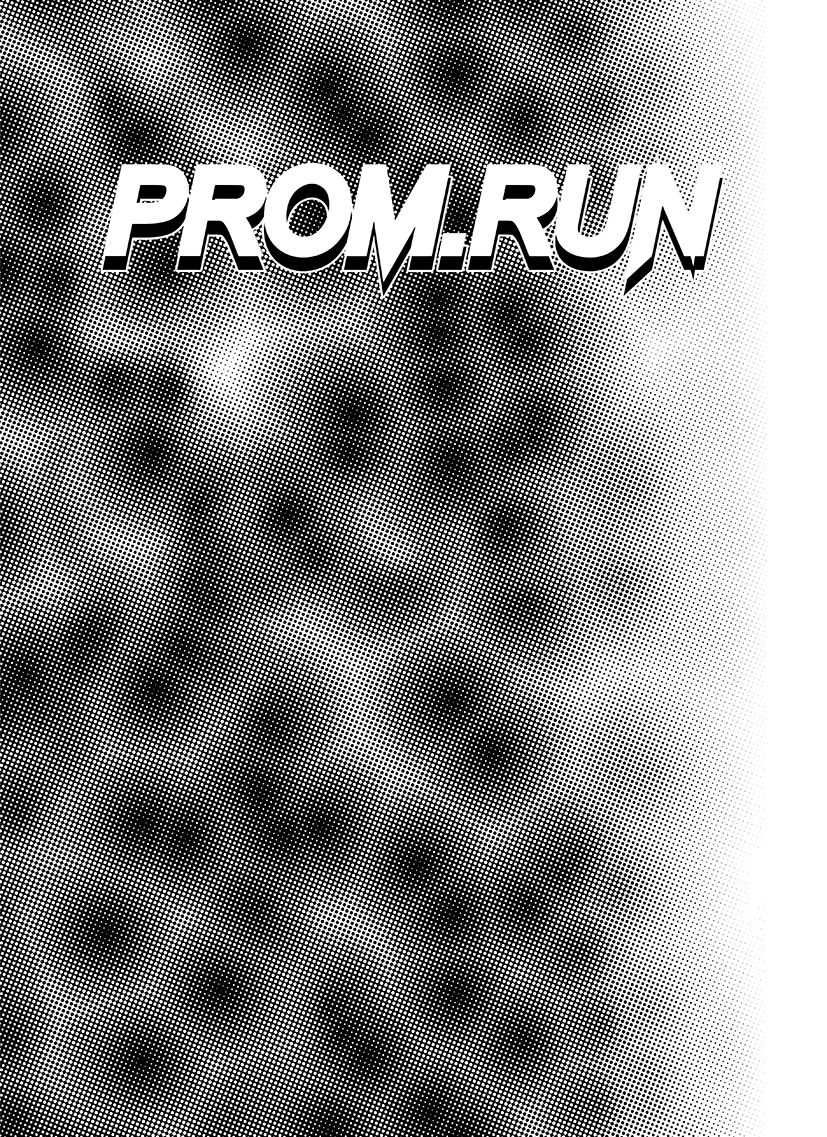
«Prom.run» is the publishing project that consists of a selection of materials that have inspired their practice as an art collective and addresses topics relating to self-organization and knowledge-related commons. Part of "Learning from COVID19: Reflections on knowledge-related commons and practices of self-organization amidst COVID19." Read more
Somebody

Centering the body without other bodies, Marquedant questions the parameters of being singular. Part of "Learning from COVID19: Reflections on knowledge-related commons and practices of self-organization amidst COVID19." Read more
GCD Memes
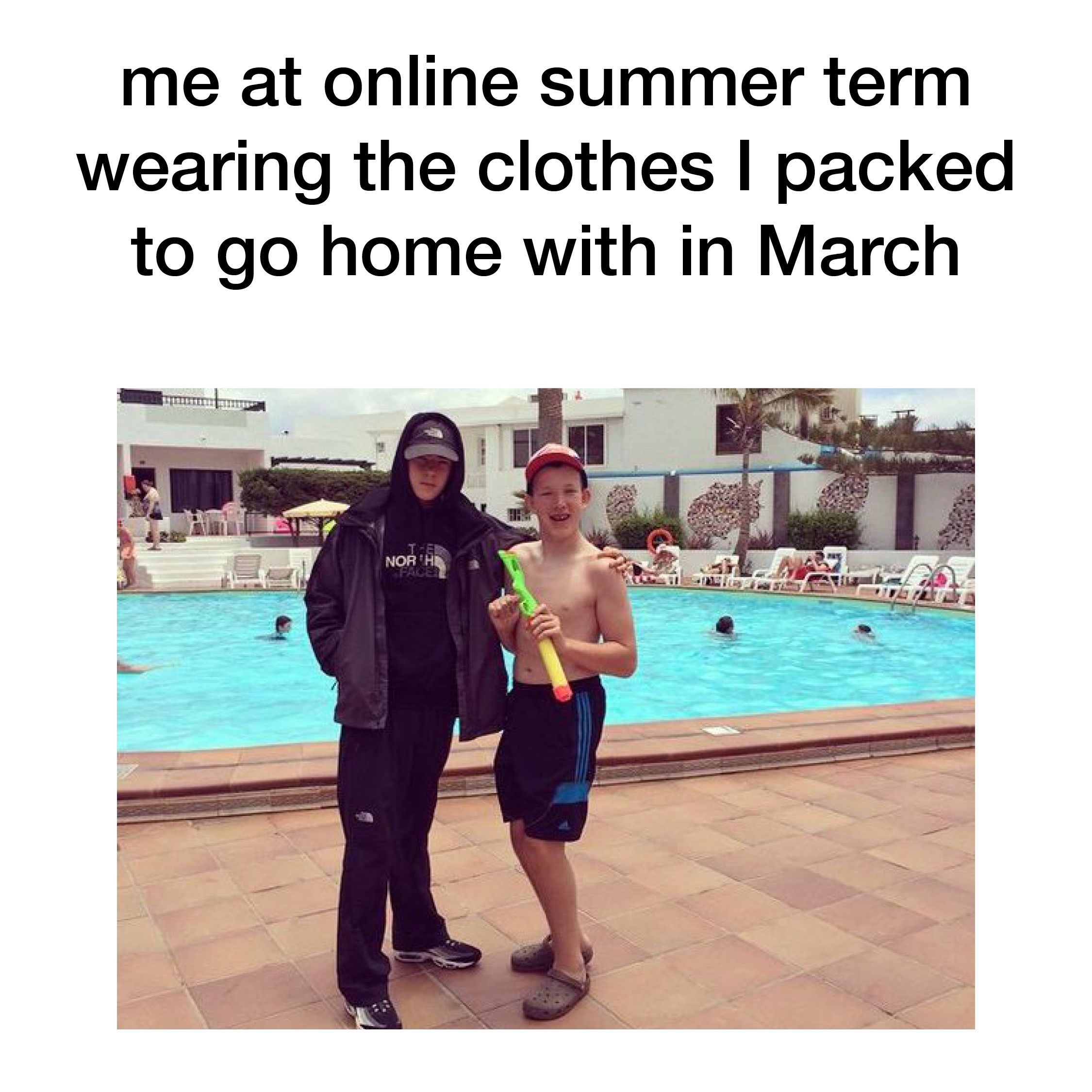
GCD Memes is a rolling body of work that attempts to reflect on the collective experiences of those involved in the GCD course at CSM from the student perspective. Part of "Learning from COVID19: Reflections on knowledge-related commons and practices of self-organization amidst COVID19." Read more
dream#1 2020

This video work is a dreamy, haunting piece that looks at the role our personal stories play in the making of history, as well as the actual political potency of our feelings. Part of 'Learning from COVID19: Reflections on knowledge-related commons and practices of self-organization amidst COVID19.' Read more
Cuarentena Volumes I
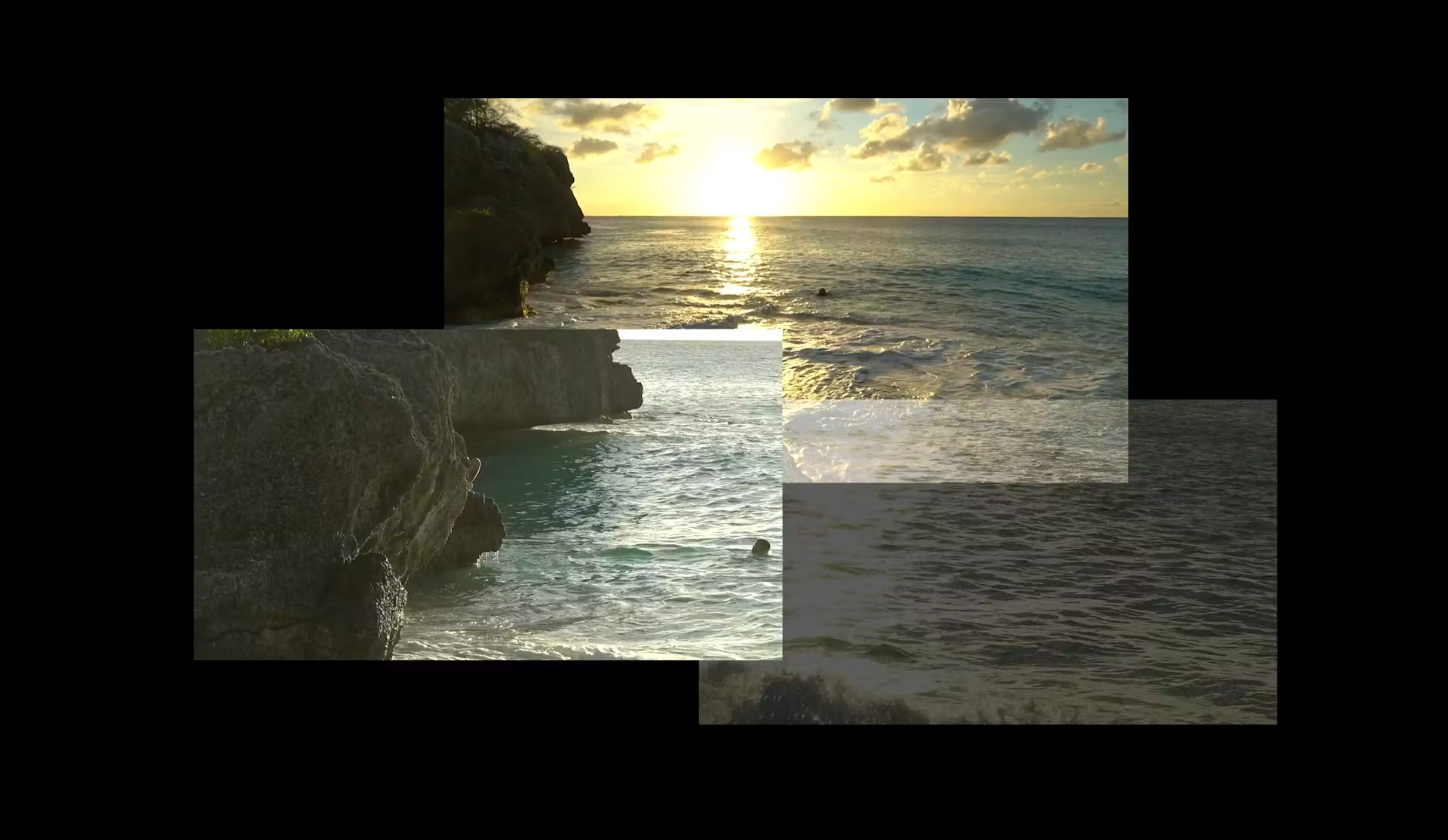
Cuarentena Volumes is abbreviated as cv: “these times might become a dent in the curriculum vitae, allowing to focus on the work itself.” Part of "Learning from COVID19: Reflections on knowledge-related commons and practices of self-organization amidst COVID19." Read more
Bump Galaxy
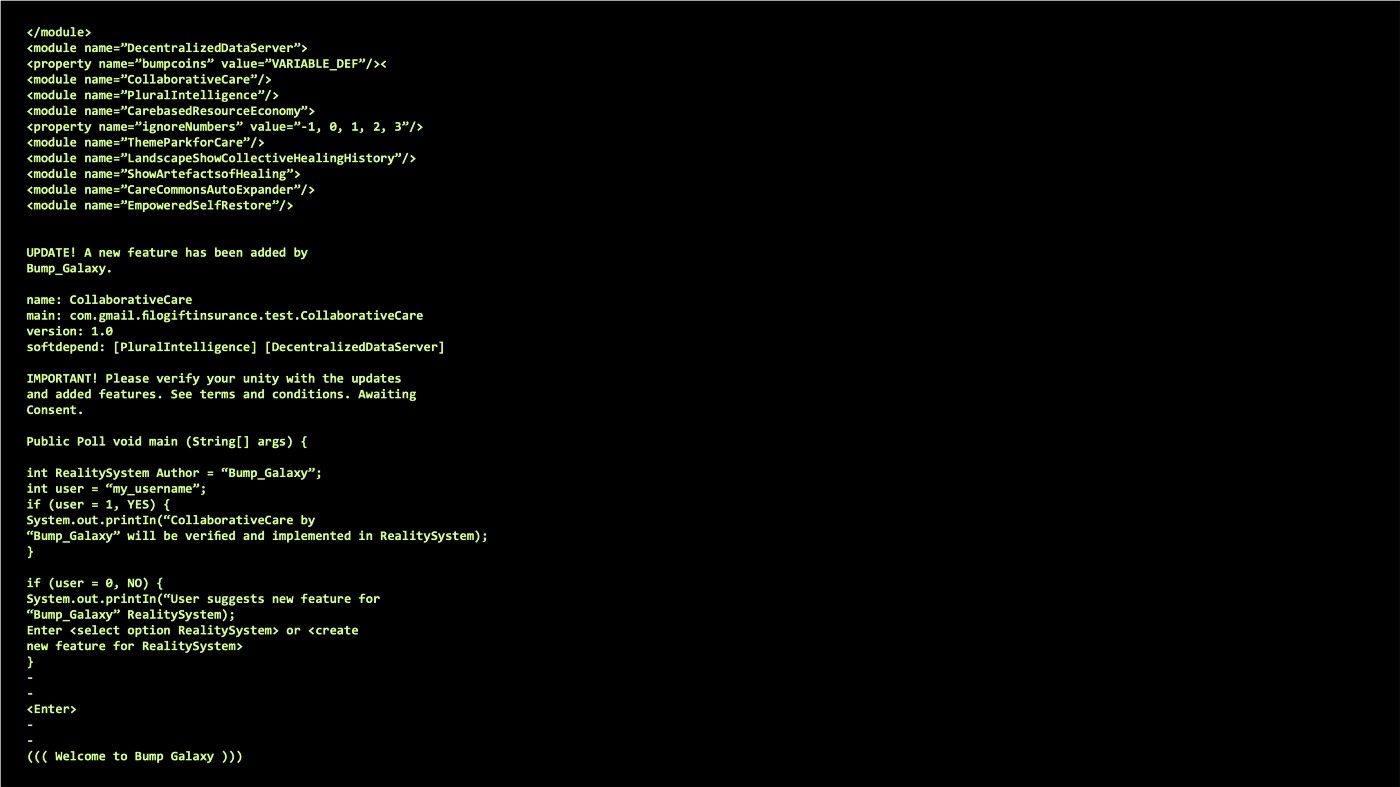
BUMP GALAXY is a virtual world and community for mental health. In it, players can visit several different Care Commons and engage with mental health professionals from around the world. Part of "Learning from COVID19: Reflections on knowledge-related commons and practices of self-organization amidst COVID19." Read more
dream#1 2020

This video work is a dreamy, haunting piece that looks at the role our personal stories play in the making of history, as well as the actual political potency of our feelings. Part of 'Learning from COVID19: Reflections on knowledge-related commons and practices of self-organization amidst COVID19.' Read more
The Coffee Commons

This essay reflects upon the divergent responses to and asymmetrical consequences of COVID19 in McBride’s home country, South Africa, and her country of residence, Switzerland. Part of "Learning from COVID19: Reflections on knowledge-related commons and practices of self-organization amidst COVID19." Read more
The Anatomy of DIY-Objects in an Epidemic Infrastructure
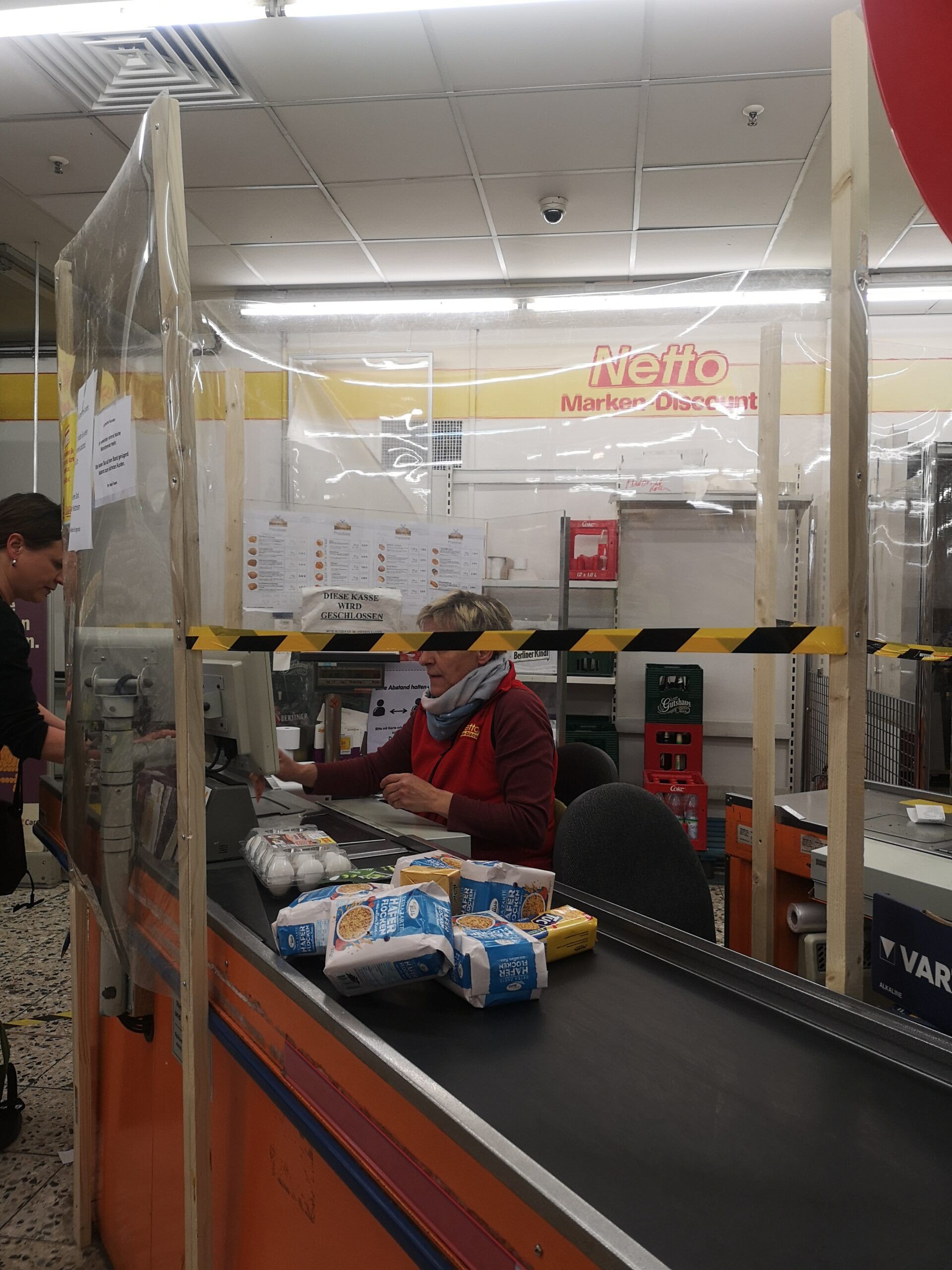
A short visual essay about the DIY infrastructures that pop up amidst a global pandemic. Part of "Learning from COVID19: Reflections on knowledge-related commons and practices of self-organization amidst COVID19." Read more
A three-minute excerpt from springtime 2020
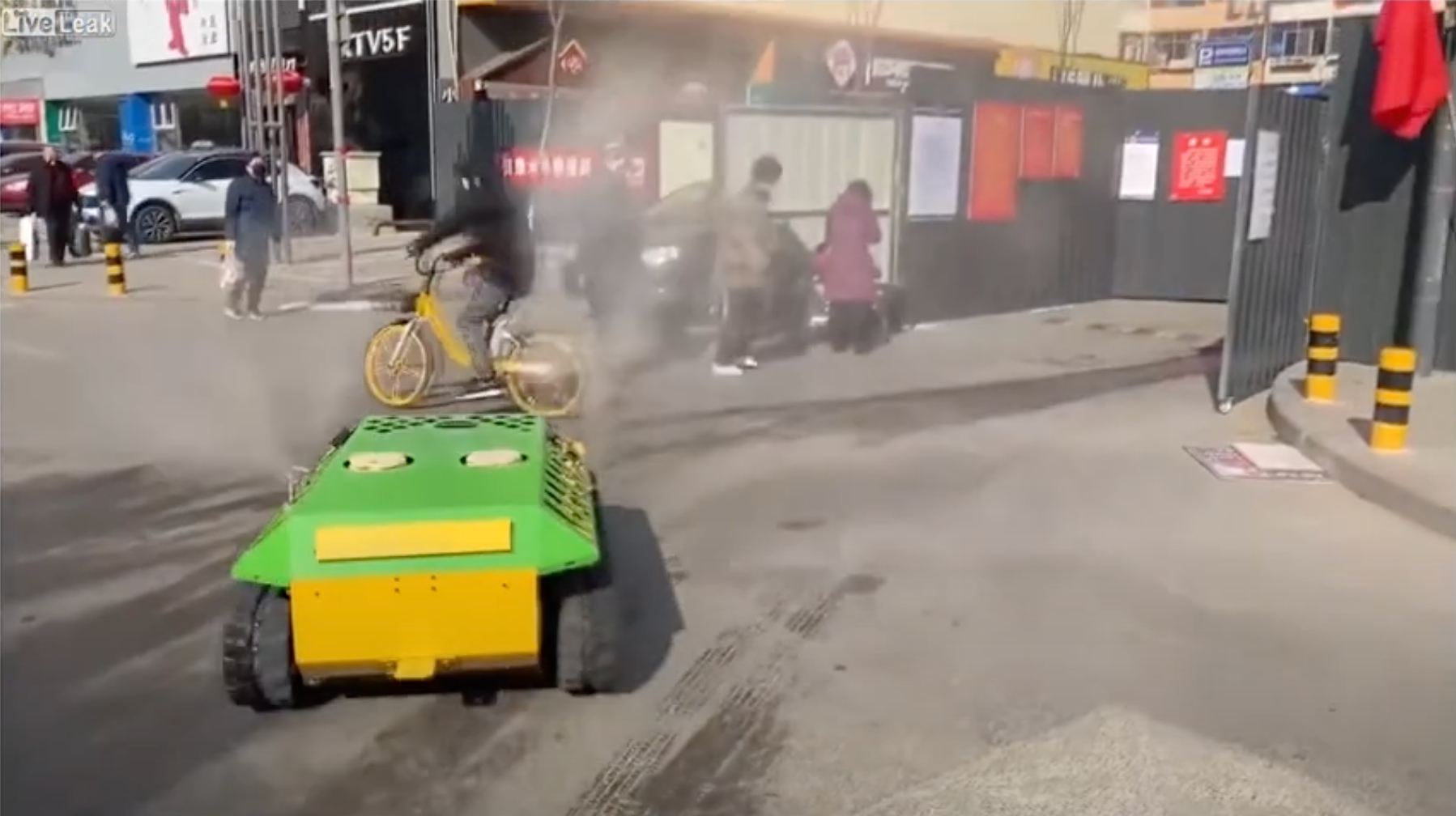
A collection of found footage from the lockdown period. Part of "Learning from COVID19: Reflections on knowledge-related commons and practices of self-organization amidst COVID19." Read more
Kein Strom

A short story, written as a diary entry, describes a lockdown-specific encounter. Part of "Learning from COVID19: Reflections on knowledge-related commons and practices of self-organization amidst COVID19." Read more
Wochenplan
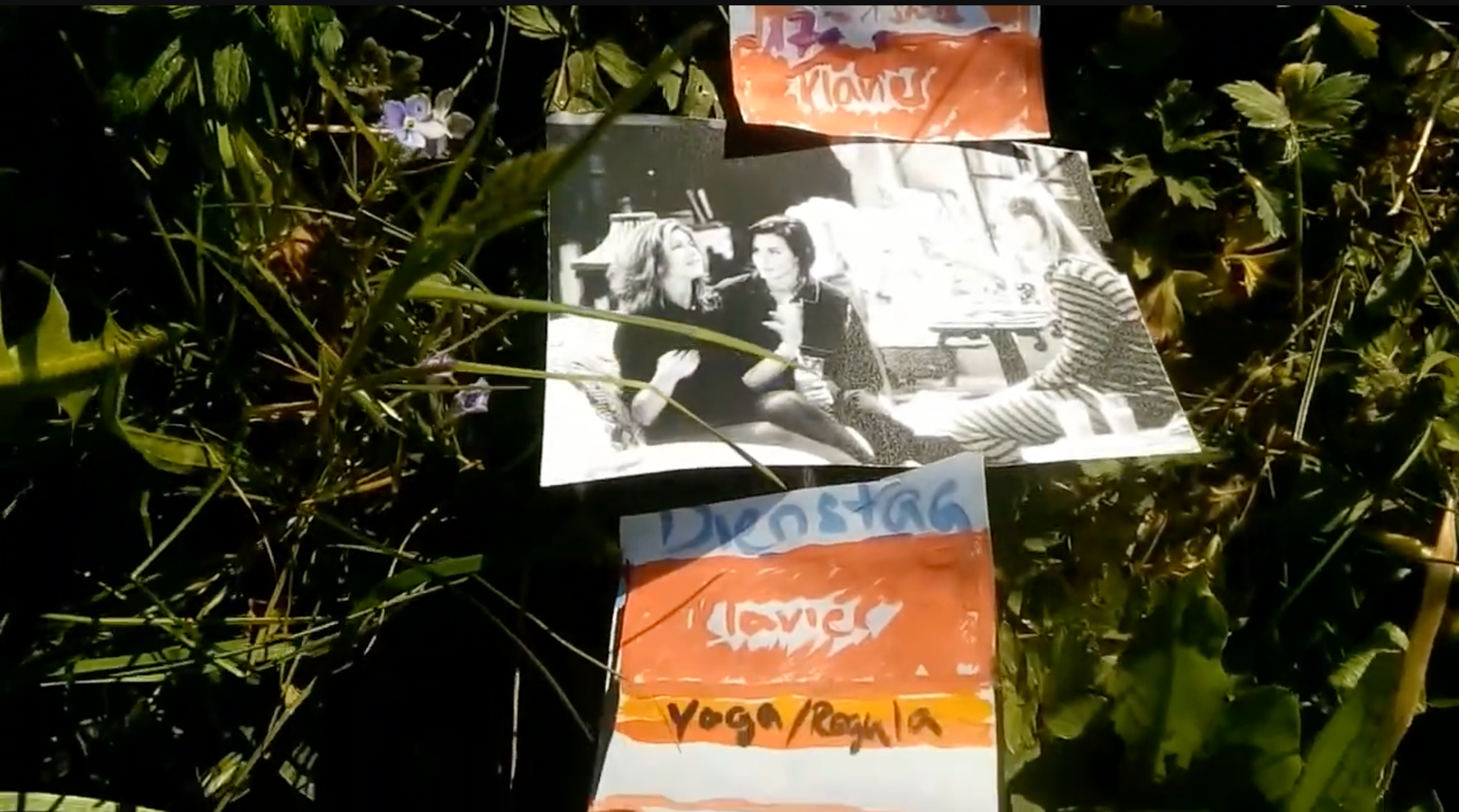
A short video that shows the ways in which Rieger organised her activities into weekly schedules in order to maintain her singing practice as well as her social life. Part of "Learning from COVID19: Reflections on knowledge-related commons and practices of self-organization amidst COVID19." Read more
